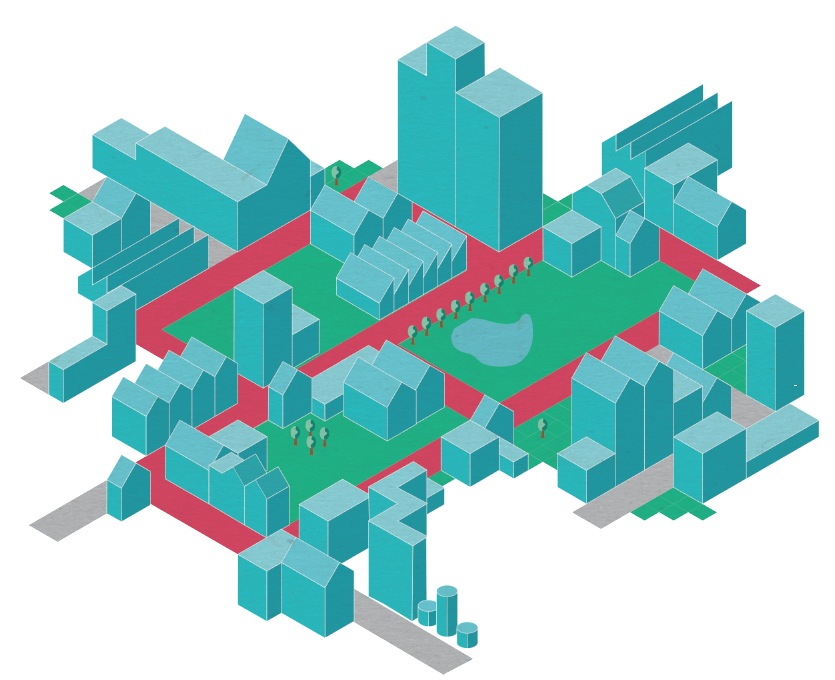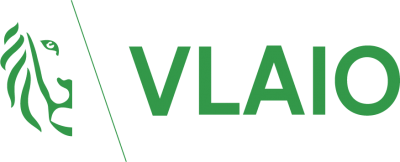Topics
We organise our actions in six thematic & strategic agendas:
Strategic Agendas:
Bio-economy
Circular Construction
Chemicals/Plastics
Manufacturing Industry
Food Chain
Water Cycles
Seven leverages provide additional support:
Leverage effects:
Lever Policy Instruments
Lever Circular Procurement
Lever Communication
Lever Innovation & Entrepreneurship
Lever Financing
Lever Jobs & Skills
Lever Research
What, why and how?
Why are we pursuing a circular economy?
Future visions 2050
How do we see our circular future?
About our management
Who steers what at Flanders Circular?
In a circular city, it's all about connection. Closing loops (of materials, water, food, energy and space) is only possible if producers, processors, city services and citizens work together. Smart technology can make these connections much easier.
Circular Flanders commissioned Pantopicon and imec to investigate how smart technology can help to put circular strategies in place. A broad approach to smart technology was taken, with the research touching on technological trends such as smartphone use, sensors, blockchain and data processing, privacy and platforms. This resulted in a comprehensive picture of potential applications and Belgian companies that are already actively involved. The research will be reviewed and updated at the beginning of 2020 and made accessible via an online tool.
Mapping The Potential
In the Smart Cities study, we mapped out the potential of 'smart' technology in the circular economy. Five flows were mapped, followed up by an in-depth study of their respective potential. The study will be formatted and made available on an online tool at the beginning of 2020.

Why Are We Doing This?
The circular economy provides an attractive framework for the effective use of resources as well as a sound economic argument for going down that road, while digital technology is vital to the embedding of circular principles and circular economy practices in the day-to-day operation of cities and regions. Digital technology as a key lever is something we want to and must continue to explore.

















